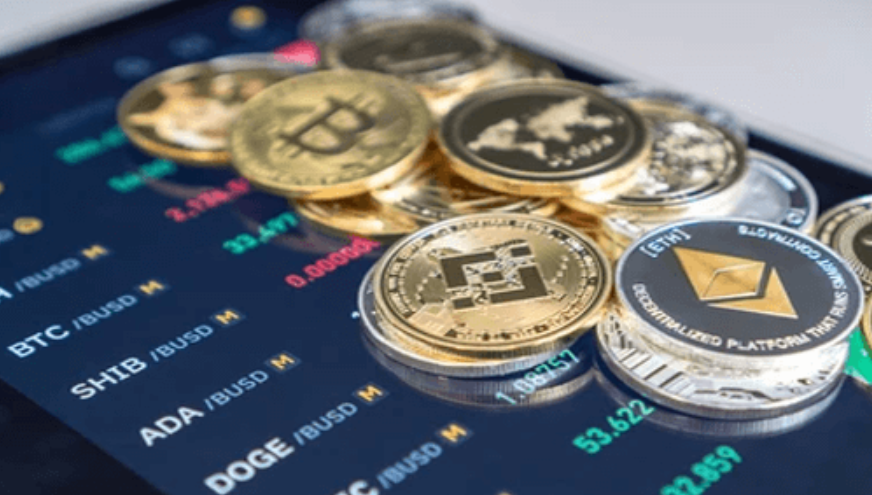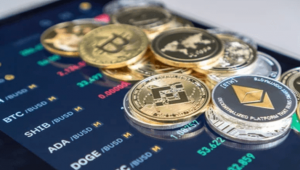Join Our Telegram channel to stay up to date on breaking news coverage
Regions in LATAM and EMEA (Europe, Middle East, and Africa) are becoming the most popular in endorsing cryptocurrency payments. Half of the people in the region expect that cryptocurrencies will be a big part of the future of the financial sector.
LATAM and EMEA regions are endorsing crypto
A recent survey showed that 50% of the crypto market participants expect digital assets to have a notable impact on the future of the global financial sector. Moreover, 74% of the participants in the region were open to transacting with a business that accepts Bitcoin.
Residents in Latin America were more likely to receive their pay rates in digital currency, while those in the EMEA region ranked second. The report added that 67% of the crypto infrastructure was in Latin America.
Another report by Ripple said that 50% of the people in Latin America believed that crypto would disrupt the future monetary system, while nearly three-quarters were willing to work with organizations endorsing crypto.
Your capital is at risk.
The survey results show that Latin Americans are willing to invest their resources in cryptocurrencies. In the Middle East, 67% of the participants were also bullish on the future of the digital asset space.
Growth of crypto in troubled economies
The growth of crypto in countries facing economic turmoil has been commendable. Venezuela is an example of a country battling a high inflation level but has many people investing in cryptocurrencies. Despite high crypto trading activities, the majority of Venezuelans are unemployed.
Last year, El Salvador adopted the use of Bitcoin as legal tender. However, the country has been battling rising insecurity levels. When El Salvador implemented the Bitcoin law, it received warnings from international financial institutions such as World Bank and the International Monetary Fund (IMF), saying it posed a risk to the country’s financial system.
In Africa, the Central African Republic also endorsed Bitcoin as legal tender. However, the country is one of the poorest globally, and a vast population lacks access to electricity and the internet, which is vital to supporting Bitcoin transactions.
The growth of cryptocurrencies in this region could be attributed to the fact that Bitcoin, and some altcoins, could be used as a hedge against inflation. Therefore, people in these regions with hyper-inflation levels store their wealth in crypto to preserve their purchasing power.
Read more:
Join Our Telegram channel to stay up to date on breaking news coverage


